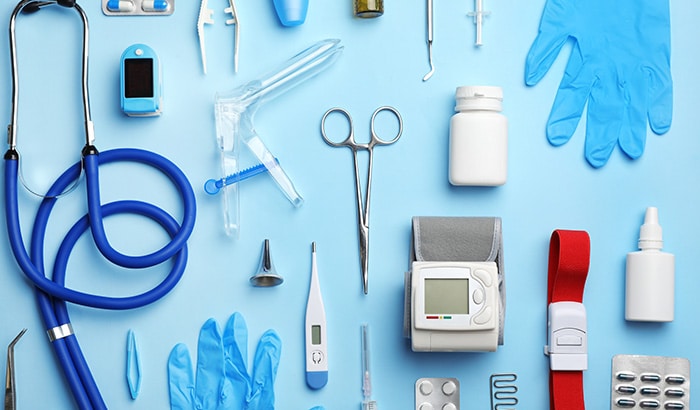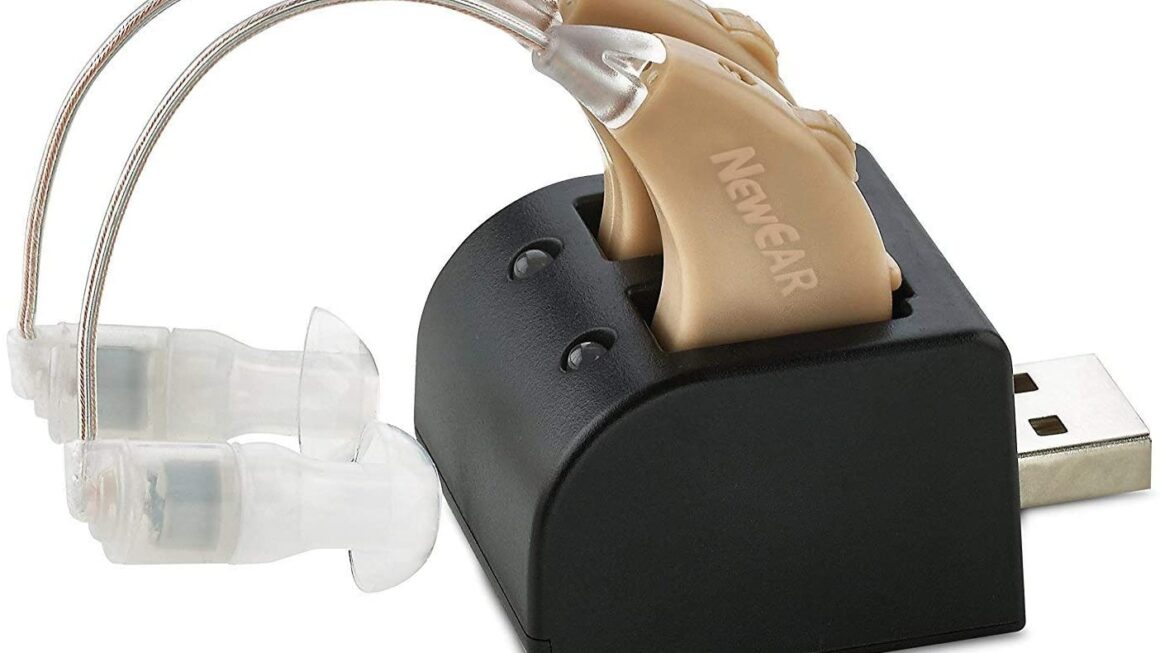With the cost of healthcare skyrocketing in India, it has become increasingly challenging for people to finance unexpected medical emergencies. In such situations, not only are people struggling to give their loved ones the best care possible but are also looking for a loan for medical emergency in a way that doesn’t burn a huge hole in their pockets.
In such scenarios, you can apply for personal loans to pay off your medical bills. In this article, we’ll guide you through 5 practical tips to help you manage your medical bills using a personal loan.
Understanding Personal Loans for Medical Bills
Before delving deep into this topic, let’s cover the basics of personal loans and how they can be used to cover medical expenses. A personal loan is an unsecured loan from financial institutions that you can receive based on your creditworthiness. You can utilize this loan for various purposes, including medical emergencies. The attractive feature of a personal loan is its flexibility of use. Unlike other types of loans, you’re not bound to use it for a specific purpose. Here are some of the salient features of a personal loan.
- These typically have a fixed interest rate and require repayment over a defined period.
- You can avail these loans relatively quickly, making them a suitable option to apply for personal loan in case of a medical emergency.
- You can use the loan amount to cover hospitalization costs, medical procedures, surgeries, or post-treatment care.
How do you Evaluate if you Need a Personal Loan?
It’s important to evaluate your financial situation before applying for a loan for medical emergency. Understanding your financial needs and borrowing capacity is the first step toward managing your medical bills effectively.
- Assess your financial status: Start by examining your income, expenses, savings, and existing debts. This will help you understand whether you can repay the loan without straining your monthly budget.
- Check your credit score: Your credit score, or CIBIL score, plays a critical role in loan approval and the interest rate you’ll be offered. Typically, a CIBIL score above 700 is considered good and may help you secure a loan at a more affordable interest rate.
- Determine the loan amount: Estimate the total medical expenses and any additional costs that might arise. Remember, borrowing more than necessary can lead to unnecessary debt.
Tips for Effectively Using Personal Loans for Medical Bills
Once you decide to apply for personal loan for medical bills, here are some tips to make the most out of your loan:
Tip 1. Comparing Interest Rates and Terms
Financial institutions offer varying interest rates and loan terms. Hence, it’s advisable to compare these aspects before making a decision.
- Shop around for the best interest rates: The interest rate will significantly impact your loan repayment amount. Therefore, do your research and opt for a loan that offers the most competitive rate.
- Understand the loan tenure: The tenure of the loan affects your monthly instalments. Longer tenures mean lower EMI but higher interest payout and vice versa.
Tip 2. Understanding the Terms and Conditions
Always read the loan agreement thoroughly to avoid any hidden fees or charges.
- Look for hidden costs: Apart from the interest rate, be aware of other charges like processing fees, late payment fees, or prepayment penalties.
Tip 3. Opting for a Flexible Repayment Plan
Choose a loan that offers a repayment plan suiting your financial circumstances.
- A flexible repayment plan can ease your financial burden, especially if you’re self-employed or have an unstable income.
- Defaulting on a loan can lead to a drop in your CIBIL score and legal action from the lender.
Tip 4. Considering Prepayment Options
If you can afford to pay off your loan early, it can save you a significant amount in interest.
- Some lenders allow prepayment of the loan without any additional charges, reducing the overall interest you pay over the loan tenure.
Tip 5. Checking for Insurance Coverage
Certain insurance policies cover loan repayment in case of emergencies or unforeseen circumstances.
- Check whether your insurance policy includes loan repayment insurance or credit shield insurance. This cover can help if you face a situation that hinders your ability to repay the loan.
Pitfalls to Avoid When Taking a Personal Loan for Medical Bills
When you apply for personal loan to manage your medical bills, avoid these common pitfalls:
- Borrowing more than needed: Assess your medical costs accurately and borrow only the necessary amount. Over-borrowing can lead to unmanageable debt.
- Ignoring your credit score: A low CIBIL score can result in a higher interest rate or even loan rejection. Make sure to check your score before you apply.
- Overlooking terms and conditions: Be thorough with your loan agreement to avoid any hidden charges or fees.
Summing Up
Managing medical bills using a personal loan can be an effective solution if planned correctly. These tips can help you plan and apply for loans efficiently, without putting undue financial pressure on yourself. Always remember to borrow responsibly, understand your repayment capacity, and make sure to repay your EMIs on time.












